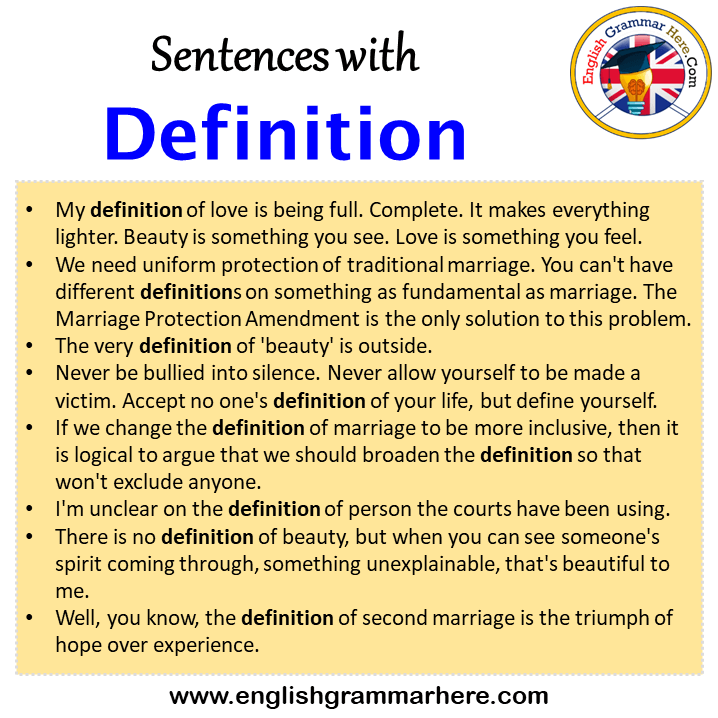Understanding the Religious Foundations of the Bible: Origins, Traditions, and Access
Introduction: The Bible’s Religious Foundations
The Bible is more than a single religious book; it is a foundational collection of texts revered by multiple faith traditions, most prominently Christianity and Judaism , and respected within Islam and other Abrahamic religions. Understanding which religion the Bible belongs to requires a nuanced look at its origins, how it is used in different faiths, and the role it plays in shaping moral and religious life across cultures. This article provides an in-depth exploration of the Bible’s religious context, practical steps for accessing its teachings, and guidance for engaging with its diverse traditions.
The Bible in Judaism and Christianity
The Bible’s roots are found in
Judaism
, where the Hebrew Scriptures-known as the
Tanakh
-form the spiritual and legal foundation of Jewish religious life. The Christian Bible, in turn, builds upon these texts, incorporating what Christians call the
Old Testament
and adding the
New Testament
, which details the life, teachings, and resurrection of Jesus Christ. Thus, while the Bible is central to Christianity, its origins and much of its content are deeply embedded in Jewish tradition
[1]
.

Source: animalia-life.club
Within Christianity, the Bible is the principal sacred text, shaping doctrine, worship, and daily conduct. It is divided into two main sections:
- Old Testament : Shared with Judaism, encompassing the Torah (Law), Nevi’im (Prophets), and Ketuvim (Writings).
- New Testament : Unique to Christianity, focusing on the teachings and person of Jesus, the formation of the early Church, and future hope.
The Bible’s status as sacred scripture is thus shared but interpreted differently within each tradition. For Jews, it is the canonical Tanakh; for Christians, it is both the Old and New Testaments [1] .
Major Christian Denominations and Their Use of the Bible
The Bible is the bedrock of virtually all Christian denominations, yet the way it is interpreted, translated, and used in worship can vary significantly. Major branches include:
- Catholic Church : Holds both Scripture and Tradition as authoritative. The Catholic Bible includes additional books (the Deuterocanon) not found in the Protestant Old Testament [2] .
- Eastern Orthodoxy : Similar to Catholicism in reverence for both Scripture and Tradition, with some differences in canon and liturgical use.
-
Protestantism
: Emphasizes
sola scriptura
(Scripture alone) as the ultimate authority, typically uses a shorter Old Testament canon.
Each denomination’s approach to the Bible influences its theology, worship style, and moral teachings. To learn more about specific denominational differences, you can consult reputable resources such as denominational websites or academic overviews on Christianity.
The Bible in Other Religions
Islam
regards the Bible (especially the Torah and Gospels) as containing true revelation from God, though Muslims believe these texts have been altered over time and that the
Qur’an
supersedes previous scriptures. Various other religions and spiritual movements may reference the Bible for its moral, ethical, or historical insights, but it does not play the central, normative role that it does in Christianity and Judaism
[1]
.

Source: depositphotos.com
Moral and Religious Laws in the Bible
The Bible contains both moral and religious commandments. Moral commands-such as prohibitions against theft and adultery-address interpersonal relationships and societal well-being. Religious commands-such as those relating to worship practices and rituals-guide the believer’s relationship with the divine. Understanding this distinction is important for anyone seeking to apply biblical principles to daily life or ethical decision-making [4] .
For example, the Ten Commandments include both moral imperatives (“You shall not steal”) and religious obligations (“Remember the Sabbath day”). Churches, synagogues, and study groups often delve into these topics to explore their relevance today.
How to Access and Study the Bible
Accessing the Bible and its teachings is straightforward, with options for personal study, group learning, and academic research. Here are steps you can follow:
- Obtain a Bible : Bibles are available in print and digital formats. Major online retailers, local bookstores, and religious organizations offer various translations. For free digital access, you can use platforms such as Bible Gateway or Bible Study Tools . Both sites are reputable and widely used for study purposes.
- Join a Study Group : Many churches, synagogues, and community organizations offer Bible study groups. These provide context, interpretation, and a sense of community. To find local groups, consider contacting nearby religious institutions or searching for “Bible study groups near me” online.
- Academic Resources : For scholarly study, university and public libraries often carry a variety of Bible translations, commentaries, and encyclopedias. Reference sections like those at the National Bible College and Seminary library offer extensive resources for deeper research [5] .
- Explore Denominational Teachings : Each Christian denomination may offer official guidance and resources for understanding the Bible in its tradition. You can find denominational resources by visiting their official websites or contacting local churches directly.
If you prefer in-person engagement, most churches and synagogues welcome newcomers to their study sessions. For those interested in academic or interfaith perspectives, searching for “religious studies programs” at local universities or community colleges can be a good starting point.
Challenges and Alternative Approaches
Studying the Bible can present challenges, such as navigating different translations, understanding ancient contexts, and interpreting passages with multiple or contested meanings. Here are some solutions and alternatives:
- Choose a Readable Translation : If you are new to Bible study, consider a translation known for clarity, such as the New International Version (NIV) or the English Standard Version (ESV). These are widely available and suitable for general readers.
- Use Study Guides : Many study Bibles and commentaries provide background information, explanations, and cross-references. Look for editions with introductions to each book, maps, and glossaries.
- Participate in Interfaith Discussions : Engaging with individuals from different faith backgrounds can deepen your understanding of how the Bible is interpreted in diverse contexts. Many universities and community organizations offer interfaith forums and dialogue sessions.
- Consult Academic Experts : For complex questions or scholarly research, reach out to religious studies departments at accredited universities or contact professional organizations such as the Society of Biblical Literature.
If you encounter conflicting interpretations, consider comparing perspectives across denominations and consulting reputable academic resources for balanced analysis.
Summary and Key Takeaways
The Bible is a collection of sacred texts at the heart of Judaism and Christianity , and it is respected in other religious traditions such as Islam. It is not exclusive to a single religion but is interpreted and used differently across faiths. Studying the Bible can offer profound insights into moral values, religious practices, and the development of Western civilization. Access is readily available through print, digital platforms, religious institutions, and academic sources. For further study, use verified online platforms, join community groups, or consult academic experts to deepen your understanding and apply its teachings to your life.
References
- [1] Wikipedia (2024). Bible – Overview, origins, and religious significance.
- [2] Bart Ehrman (2024). Christian Denominations and the Role of the Bible.
- [4] Christian Courier (2024). The Classification of Bible Commands.
- [5] National Bible College and Seminary (2024). Bible Library Classification System.
MORE FROM searchhole.com













